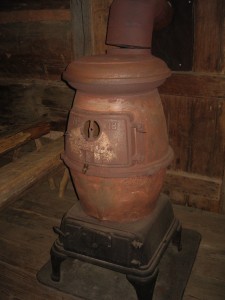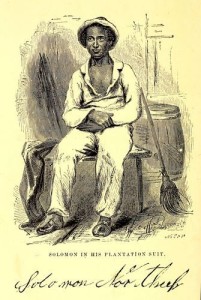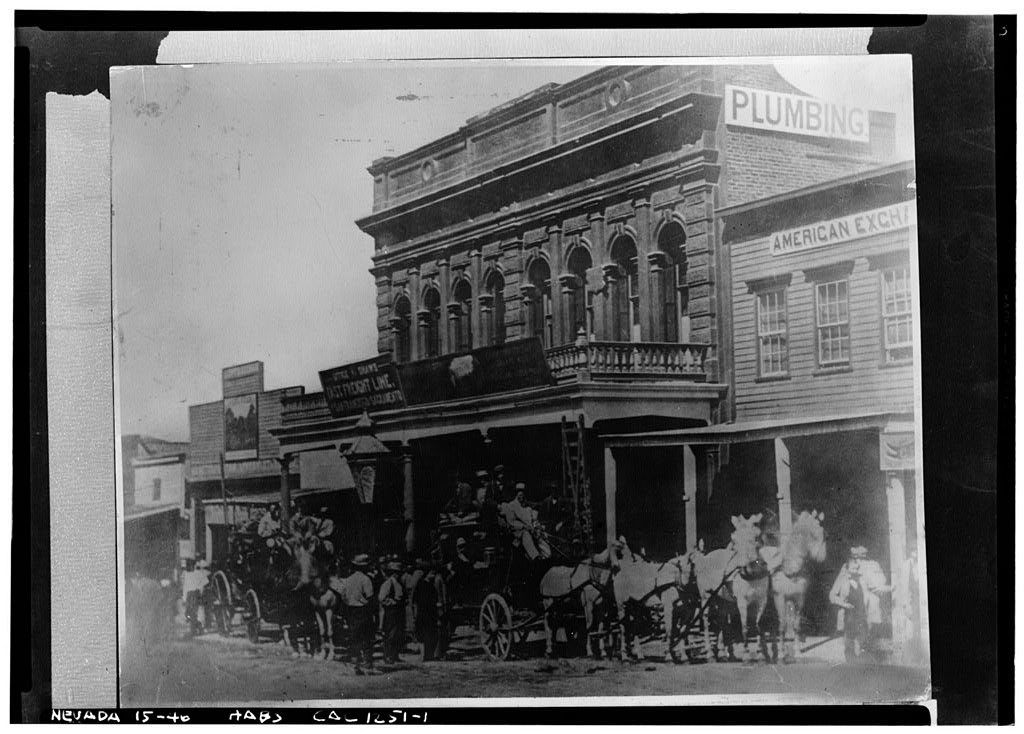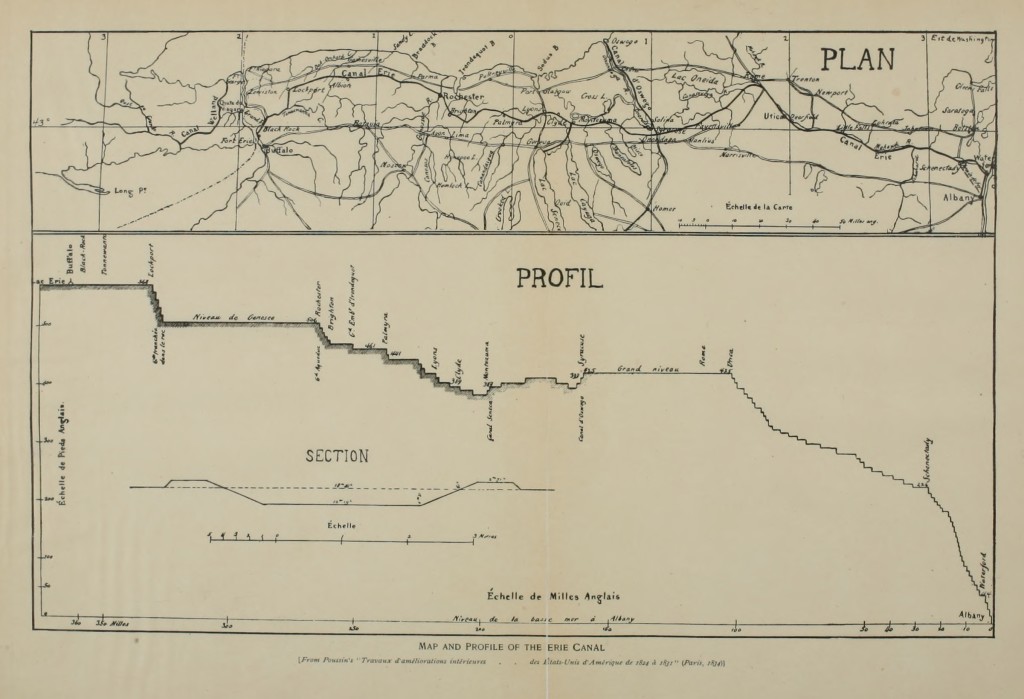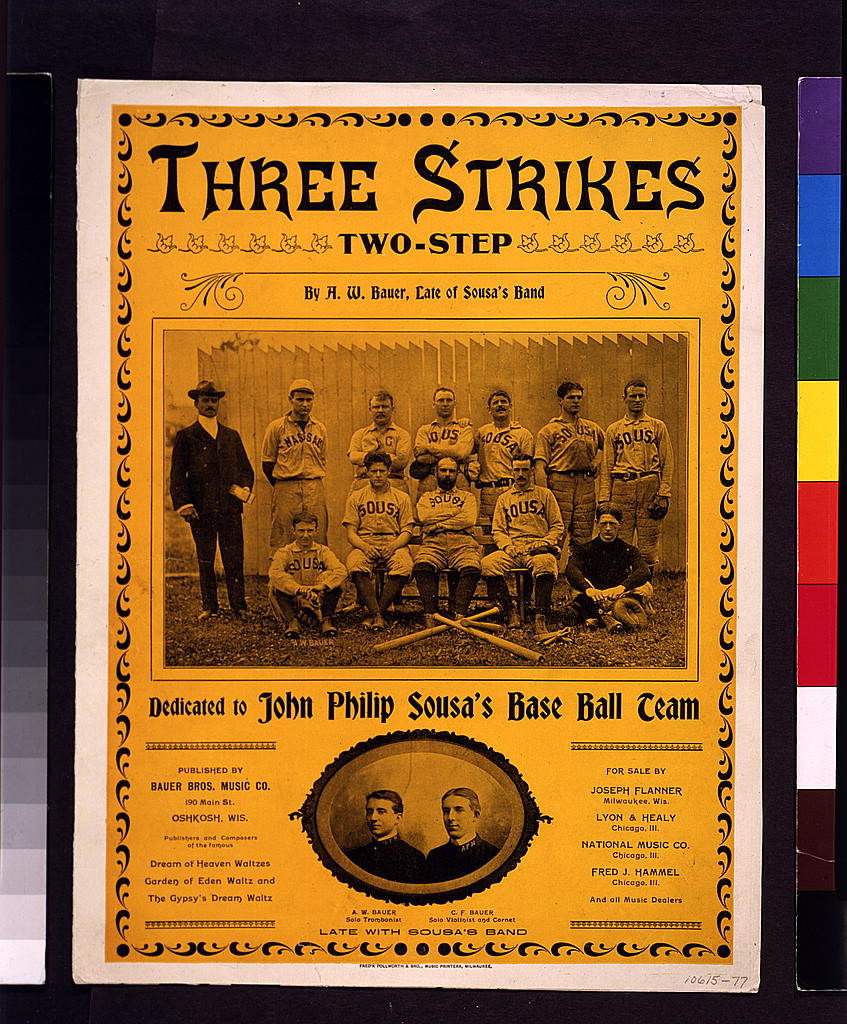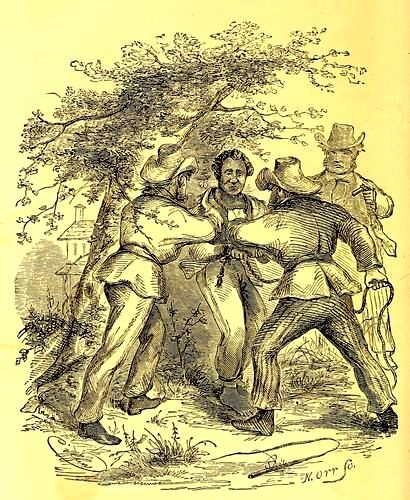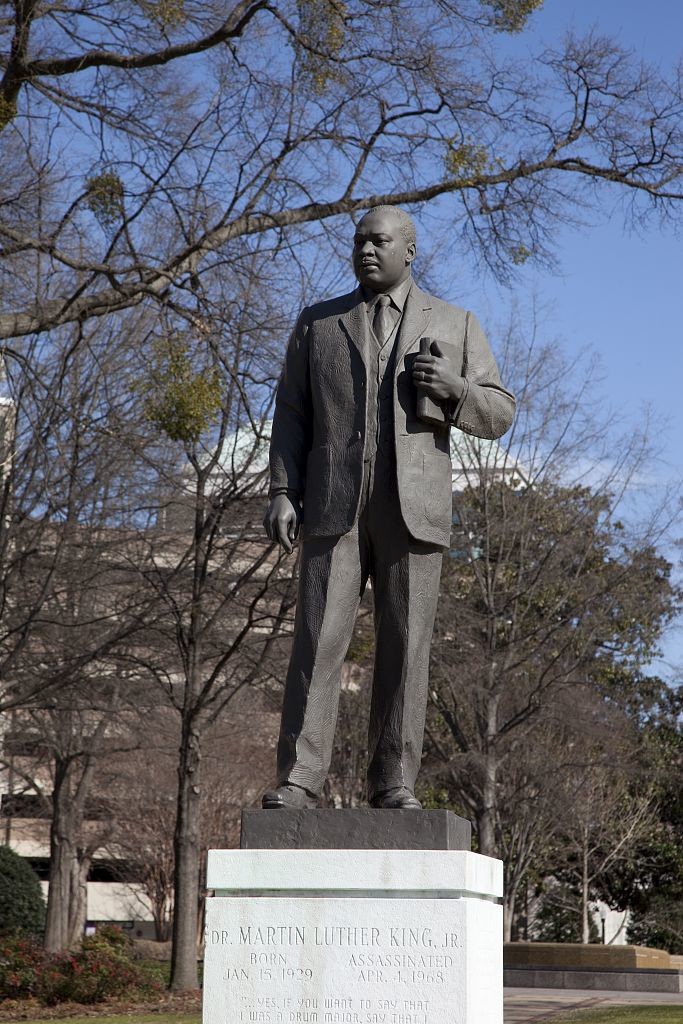I embrace hibernation. Reconstruction lacks the excitement of the combined naval-infantry assault on Fort Fisher (already a year ago), and it’s harder to find material. I might be historied out, but lying dormant for a bit sure seems good to me. As a matter of fact, since it is said to be about 15° F. with wind outside, this morning might not be a bad time to find a hot stove and talk some baseball.
Last week I was reading a pretty local newspaper (the paper version, of course) and noticed the following in an article by Dennis Randall that featured Weedsport, New York historical trivia:
I have to stop sometime, so I’ll wind up with the fact that Harry “Zip” Northrop played with the Weedsport Watsons baseball team for several years before joining the Cuban Giants. Mr. Northrop was of the same family that inspired the book and movie “12 Years a Slave.” We have a depiction of him in our museum, with him dressed in his trademark red and blue (one of each) stockings. He said he did that so everyone would know which player he was — never mind the fact that he was the only black player on the team, and one of only very few playing organized baseball at that time.
You can read much more about Harry “Zip” Northrop at Agate Type. The digital version of the Weedsport article includes a link to information about 12 Years a Slave, the movie about Solomon Northup, Zip’s grandfather. The movie was based on Solomon’s account, which you can read at Project Gutenberg
Mr. Randall also wrote about a couple famous businessmen:
When the Auburn & Syracuse Railroad began business in 1839, William G. Fargo, of Weedsport, became the first freight agent. He would later team up with Henry Wells, of Port Byron, to form the famous Wells-Fargo Co.
I mention this because the same newspaper I looked at last week had an article from Mike Riley of the Port Byron Historical Society. Port Byron was the next port west of Weedsport on the original and Old Erie Canal. Mr. Riley was concerned about falling younger membership in his organization:
I can tell you that the future looks bleak as our membership ages, and I wonder what will happen to our history as people are not replaced. Do kids still go into college to study history? If so, why are they not seeking out local historic societies and museums to get some good hands-on experience? Do our educators even suggest this?
We can see by the numbers of “likes” and views on Facebook and blogs that people really enjoy seeing history, and we know that genealogy is a growing hobby, so why don’t people want to help save their community history? Understanding your family history is great, but being able to place their history within the context of local and national history really helps to complete the story.
I’m a long way from the younger generation; there’s a lot to be said for hibernation; but I think maybe I could at least observing some history while I’m still breathing.
____________________________________________________
____________________________________________________
“… hate destroys the hater as well as the hated.” – Martin Luther King, Jr.

